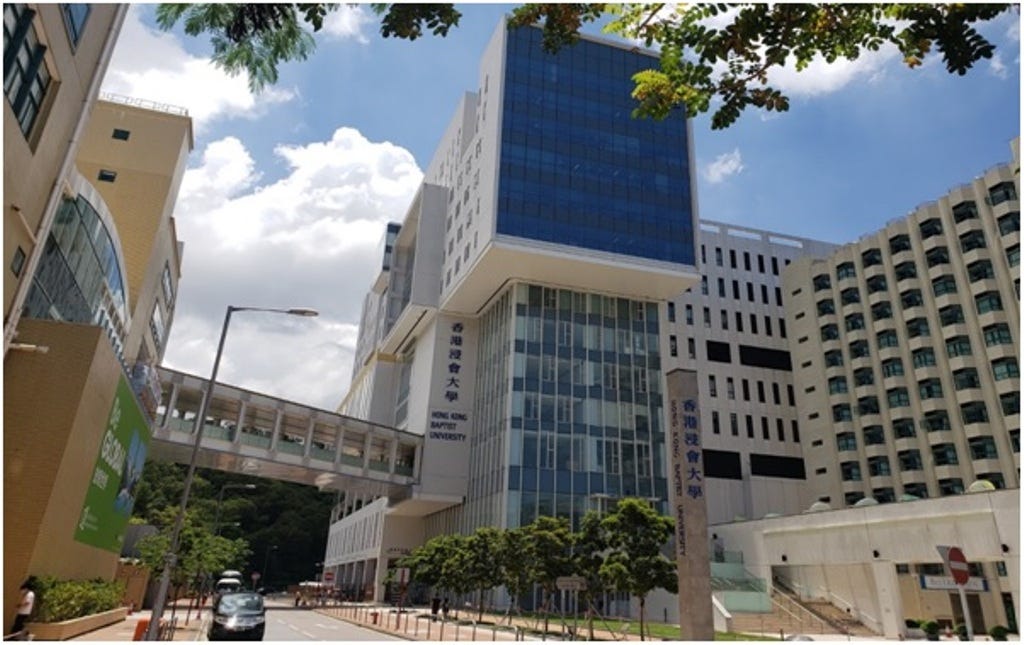Hong Kong’s Universities Brace for a Return to School
Students, last year’s protest locomotive, return to a repressive new law

By: Jay Ganglani
Thousands of university students in Hong Kong are expected to return to campus in early September following a year of political and social unrest, involving a national security law expected to go into effect at the end of this month that exemplifies Beijing’s tightening control over freedom of speech and assembly. Given that much of the …
Keep reading with a 7-day free trial
Subscribe to Asia Sentinel to keep reading this post and get 7 days of free access to the full post archives.
